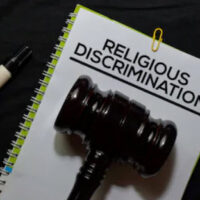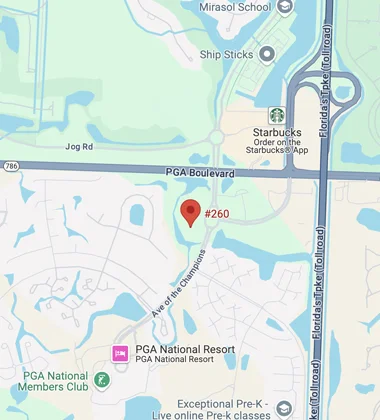Overview Of EEOC Guidance On Religious Discrimination

Religion is one of the many protected characteristics listed in US and Florida anti-discrimination laws, and the Equal Employment Opportunity Commission (EEOC) is tasked with enforcement. The agency has the power to pursue charges filed by employees who allege religious discrimination in the workplace, and it can levy fines and force payment of damages. The EEOC also issues guidance on religious discrimination, which helps employers understand the laws so they can better comply with the requirements.
However, guidance in various areas of discrimination is also useful for workers. The information explains what employers must do, giving you insight on how their conduct falls short. If you have concerns about mistreatment at work, it is critical to reach out to a West Palm Beach employment law attorney to discuss possible remedies. An overview of EEOC guidance on religious discrimination is also helpful.
Legal Effect of EEOC Guidance:
When a federal agency issues guidance on a particular issue, the information is meant to be helpful, informative, and clear up any confusion or inconsistencies. EEOC guidance does not have the force of law, as it is not a regulation or statute. With religious discrimination, the EEOC notes that it is often necessary to issue guidance when there are updates based upon US Supreme Court cases. There are no penalties for employers who do not follow guidance, unless they violate anti-discrimination laws in doing so.
Employers Duty for Reasonable Accommodations:
The basic rule under religious discrimination laws is that companies must provide reasonable accommodations for an employee’s religious beliefs. The obligation covers religious beliefs, practices, and observances, as long as the employee sincerely holds them. An employer may comply with the duty by:
- Implementing flexible scheduling during the workday to allow for prayer times;
- Allowing other employees to take on tasks in which a religious employee might object; and,
- Giving time off or permitting schedule switches for religious holidays.
Impact of Undue Hardship:
There is a caveat regarding reasonable accommodations because Florida employers are not required to provide them if doing so would create an undue hardship. The cost of the accommodation is a consideration, but other factors include the size of the company and the number of employees who require accommodation. It is likely that the following would qualify as undue hardship, so the employer is not required to make changes:
- That would reduce efficiencies in other positions within the company;
- Which would infringe on the rights and benefits of other workers;
- If they would hinder workplace safety;
- That force other employees to take on an accommodated worker’s share; or,
- Which would require the company to close on certain days.
A South Florida Religious Discrimination Lawyer Will Assist with Your Claim
EEOC guidance is a useful resource for understanding your employer’s duties in the workplace, so it is important to take action if you recognize the signs of religious discrimination. For more information on your remedies, please contact Sconzo Law Office. Individuals in Palm Beach County can call 561-279-6114 or visit our website to set up a no-cost consultation with a skilled employment law attorney.
Source:
eeoc.gov/laws/guidance/section-12-religious-discrimination

